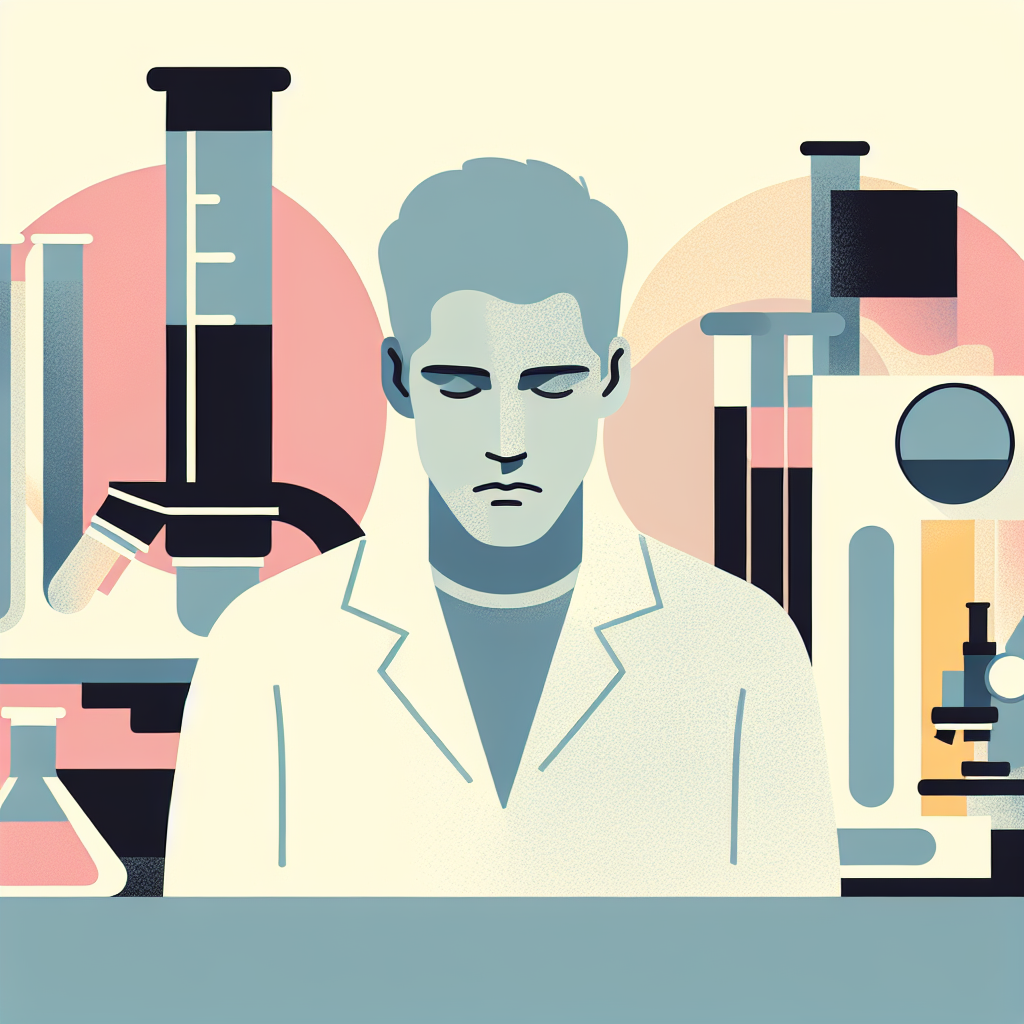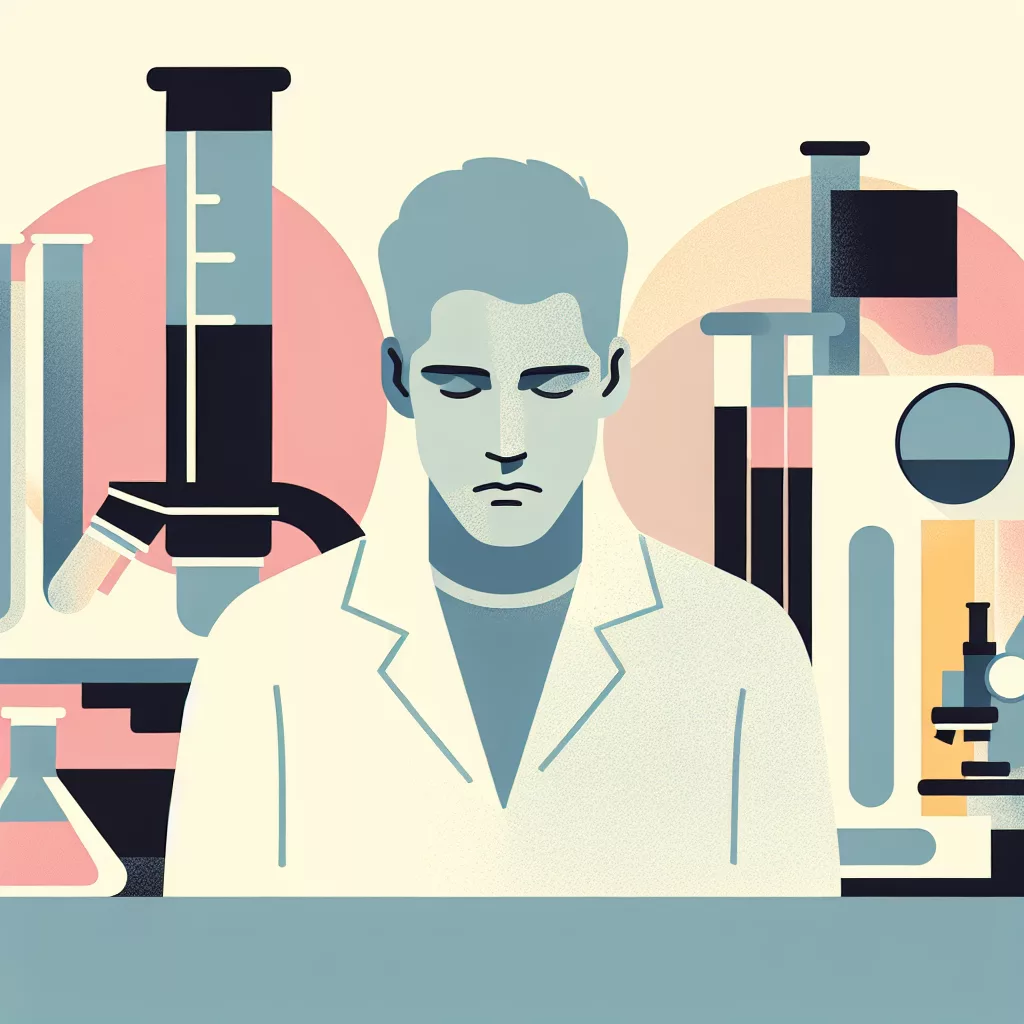The risk rate of burnout among lab technicians is on the rise, demanding urgent attention to tackle the evolving challenges in this critical scientific role.

- Repetitive tasks can become monotonous and draining.
- High demand for precision increases stress levels.
- Extended or irregular work hours are common.
- Lack of career advancement opportunities may discourage.
- Exposure to hazardous materials can increase anxiety.
- Insufficient recognition leads to low job satisfaction.
- Limited interaction may lead to social isolation.
Data on career burnout statistics for Lab Technician indicate: Moderate.
Reasons Lab Technicians burnout
According to the science to date there are key reasons people burnout at work. Here’s our top reasons why Lab Technician in the Healthcare category has a burnout risk of Moderate:
In the Lab Technician career, burnout is a significant concern. Here are some reasons you might encounter in this field:
High Workload: You often face heavy workloads due to the demand for precise and timely results. Frequent overtime and long shifts can leave you mentally exhausted.
Lack of Recognition: Despite your critical role in diagnostics and research, you may feel undervalued or receive inadequate acknowledgment for your contributions.
Monotonous Tasks: Laboratory work often involves repetitive tasks. This can result in boredom and disengagement when not balanced with variety or challenging opportunities.
Pressure for Accuracy: You are under constant pressure to perform accurate and error-free work. Any mistakes could have serious implications, which can add stress.
Professional Isolation: Working in a lab can sometimes feel isolating, especially if communication within the team is limited or if you lack interaction with the broader organization.
Limited Career Advancement: The opportunities for career growth may be restricted. This can lead to dissatisfaction if you are seeking advancement or more diverse roles.
Understanding these stressors can help you recognize and address the factors contributing to burnout. Identifying the causes is the first step in finding solutions to improve your work life and overall well-being.
Burnout rate data for Lab Technician/Healthcare
Your role as a lab technician in healthcare can be rewarding, yet it comes with stressors that may lead to burnout. A growing body of data highlights the prevalence of burnout in healthcare professions, including lab technicians. This burnout stems from factors such as workload, time constraints, and the emotionally charged nature of healthcare work.
Studies report that lab technicians may experience increased pressure, contributing to fatigue and stress. Being aware of these stressors is important for your mental health and job satisfaction. Recognizable signs of burnout include emotional exhaustion, depersonalization, and reduced personal accomplishment.
For further reading, consider resources like the American Medical Association (https://www.ama-assn.org/delivering-care/physician-health/physician-burnout-resources), which offer insights into combating burnout in healthcare, which can be applicable to lab technicians as well.
Do you have experience of Burnout as a Lab Technician or in Healthcare?
Share your story about Lab Technician burnout on our share your story page.
Burnout in Healthcare
Career Burnout Rates > Burnout in Healthcare > Lab Technician Burnout


